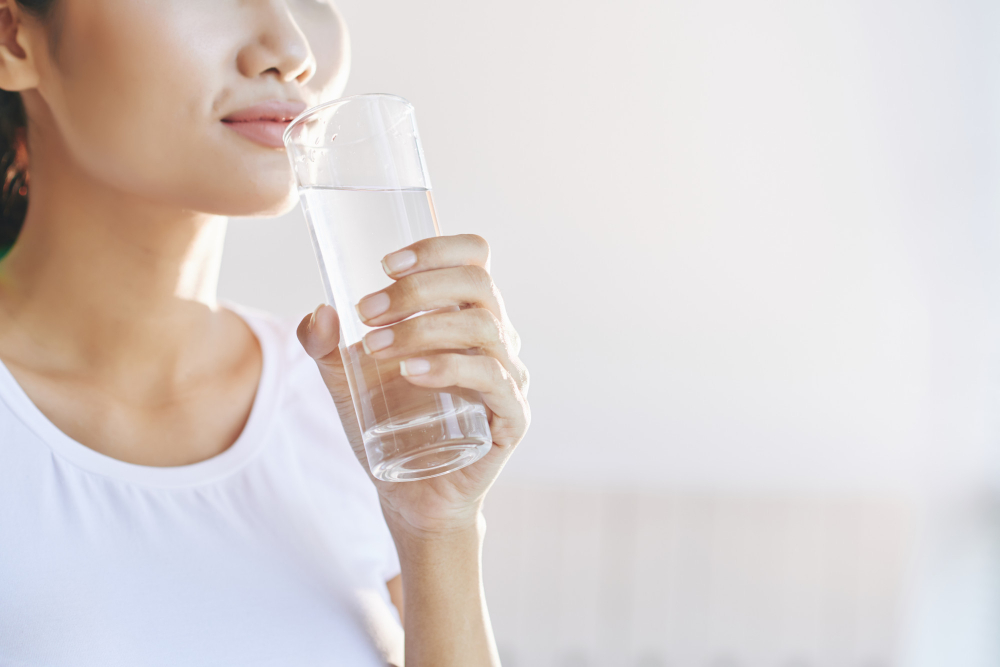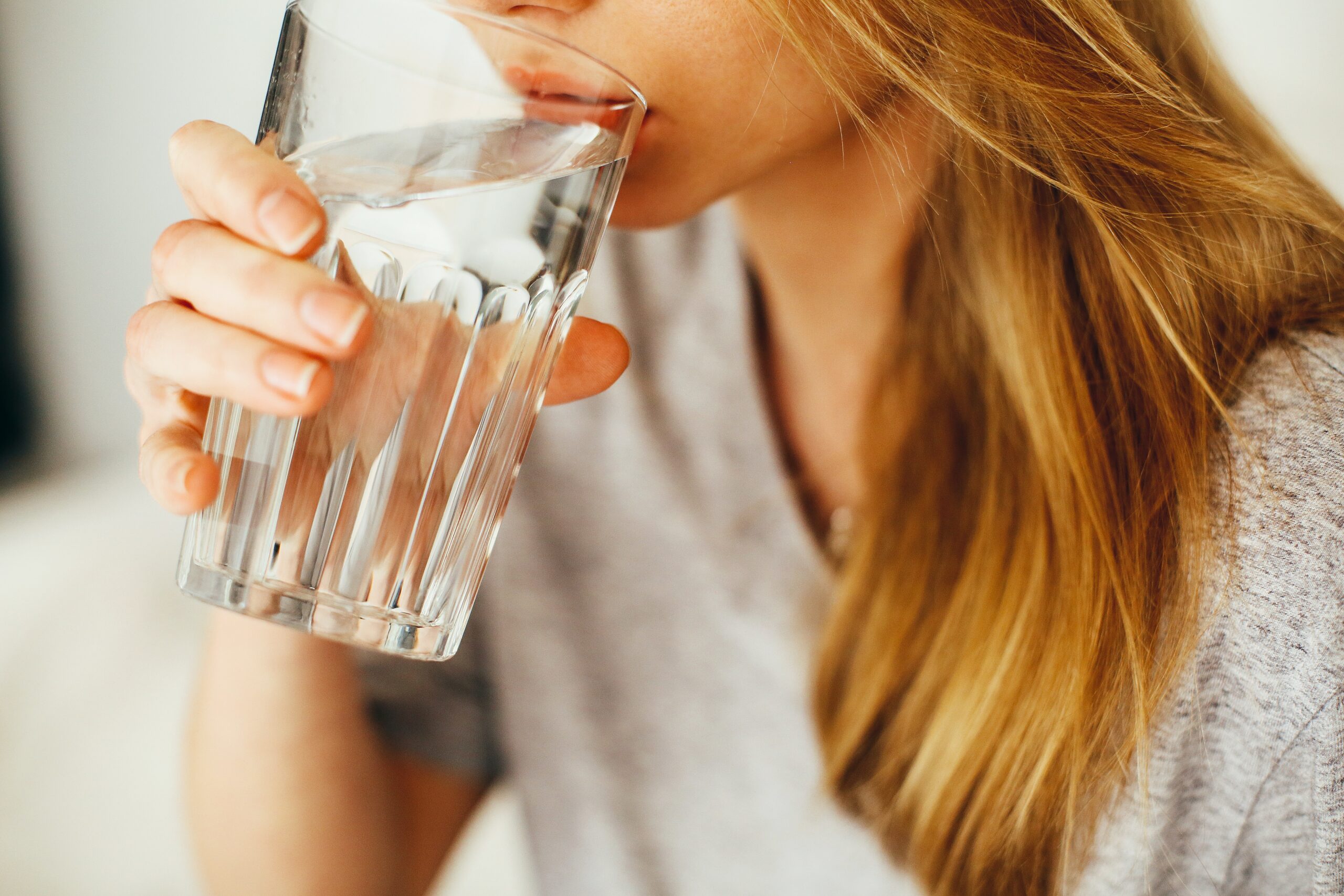Careful attention is required when selecting a water filtration system to guarantee pure, pleasant, quality water abundant in essential minerals straight from the tap that is also energy-efficient, waste-free, and has the smallest carbon footprint possible among devices of its kind. Ideally, it would be a product that doesn’t require any upkeep and can be used for the rest of one’s life. There is a never-ending plethora of inquiries on the best methods of filtering water. The market offers many choices, making it challenging to settle on just one. It would help to carefully consider several factors when choosing the best Drinking Water Filter for your home.
How to Choose the Most Effective Water Filter for Your Household?
There are a lot of water filters out there, but the criteria below will help you zero in on the ideal one for your needs at home.
There are numerous options available for Drinking Water Filter systems, but how do you know which would work best with your water?
Is it groundwater, surface water (from rivers and lakes), or a combination of the two that the city pumps into your system?
Let’s pretend it’s municipally supplied surface water. If the TDS is low, you only need to worry about microbiological contaminants like bacteria and viruses. However, suppose your water comes from the ground and is delivered in tankers. In that case, it may contain dissolved contaminants that impair the taste and, at more significant concentrations, the health of the people who drink it.
Groundwater should always have its total dissolved solids (TDS) measured before use. When the TDS level in your water is over 500 ppm, a RO water filter could be the best option. A well-constructed UV filter can clean water with a TDS of less than 500 ppm. An “intelligent” purifier with detecting purification technology will work well with ground and surface water. Unnecessary use of a RO water filter results in significant water wastage (up to 80%), a waste of a scarce resource.
Concerning the water pressure, how much is needed for a water filter?
Before purchasing a water filter online, you should test the water pressure in your home. Effective water filters typically require a pressure of 5-40 PSI (pounds per square inch). Counting the floors up from the terrace (the point at which water is supplied via gravity to each floor) is a quick and straightforward way to determine the water pressure in your tap. Because every 10 feet from the top equals 5 PSI, if you dwell on the 8th floor of a 10-story structure, your water pressure is likely to be 10PSI. The water pressure in your tap will be about 45 PSI if you are on the ground floor. In that situation, a pressure-reducing valve should be installed alongside the water filter. A booster pump, or a UV filter that operates on loft tank pressure, can increase the pressure in homes with external pressure.
Location of Water Filter
The water filter must be placed close to a water supply and an earthed electrical outlet. Filters work best when placed three feet from the nearest water or electrical source. Keep the Drinking Water Filter out of the reach of any sources of high heat, such as a radiator or a window. Choose a wall-mounted filter if you’re short on floor space or prefer a clutter-free kitchen. Water filters are simple to install because most modern flats have a dedicated water outlet near the kitchen sink.
Power supply (Electricity)
When settling on a water filter, one more critical factor is its capacity to handle the water volume you expect to purify. Choose a water filter with storage if power interruptions are common in your area. Since these gravity-based water filters don’t require energy, they’re an excellent choice for areas with spotty power.
Budget
Consider a price range before you begin your internet search for water filters. This will guide your decision toward a water filter that meets your needs regarding water composition, total dissolved solids (TDS), and so on. On top of that, if you’re on a tighter budget, you can choose cheaper options that nonetheless get the job done. If you’re having trouble finding a household water filter that fits your budget, don’t stress out; give professionals a call!
Low-energy or High-Upkeep
Clean drinking water can be obtained by purchasing a water filter and then ensuring that the filter is properly maintained. Investigate the price of replacing the filter in your water supply. The water filter cartridge should be changed regularly to ensure its continued efficient operation. This period can be anywhere from six months to a year. Locate a durable water filter for your house.
Service
It is essential to realize that a UV or RO water filter, at its core, requires routine maintenance and wearable parts replacement. As water quality declines, the demand for service and maintenance increases. Before purchasing a RO water filter or a UV water filter for home use, you should investigate the availability of such services in your area and the service provider’s reliability.
Conclusion
We hope that the information provided in this blog post on selecting the finest Drinking Water Filter for home usage has helped you better understand the factors you should consider when making your final decision.





